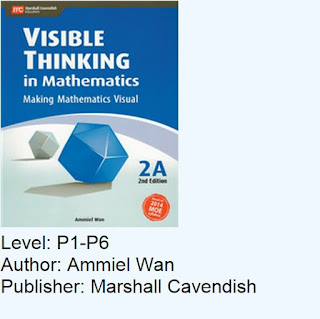There are 2 types of oral language skills:
- Receptive (Listening)
- Expressive (Speaking)
World Leading Literacy Expert Marie Clay (2000) considered that a child's literacy education began with listening and speaking, then moved to reading and writing. In general, talkative children who have a wide vocabulary become successful readers and writers.
So, how do parents create opportunities for your child to talk?
There are a wide variety of settings:
- Home
- School
- Social gathering
- Enrichment classes
- On your way to school (driving/walking)
- Outings (parks, gardens)
Topics to cover
- The view (eg vibrant flowers, the swaying trees). Outings in a park.
- The feelings (dog-tired, on cloud nine). On the way home back from school
Role Play
- Magic show. Ask him to put up a magic show and explain the steps involved (plenty of magic books in the library)
- Cooking. Pretend that he is a cooking teacher and explain how to cook (recipe book comes in handy)
- Broadcaster. Give him a simple newspaper article and a toy microphone





